Poetry can be a powerful developmental tool to help high-achieving personalities transcend the linear and analytical world of business in order to integrate a world of beauty and whole-system thinking. Rick Voirin has incorporated poetry in his coaching and leadership for years and has seen firsthand the profound impact that it can have in professional growth and self-development. In this special episode, LeeAnn and Rick discuss the work of author and poet David Whyte, and how the poem “Start Close In” directs us to take the first step that leads to change.
We don’t read and write poetry because it’s cute. We read and write poetry because we are members of the human race. And the human race is filled with passion. And medicine, law, engineering, business, these are noble pursuits and necessary to sustain life.
But poetry, beauty, romance, love, this is what we stay alive for.
John Keating
Dead Poets Society
Leadership Beyond ‘Just the Facts’
Good literature has the power to help us better understand the human condition. Poetry and other creative writing evokes something deep in us, it widens our perspective and helps us connect with parts of ourselves (and others) that otherwise we wouldn’t have easy access to.
Poetry can also be a powerful developmental tool to help leaders and ‘Type A’ personalities transcend the linear and analytical world of business. Rick Voirin has incorporated poetry in his coaching and leadership work since the ’90s and has seen firsthand the profound impact that it can have on professional growth and self-development.
Start Close In
2020 has been a year of big, complex challenges. Racial tensions have been high and organizational leaders are expected to meaningfully respond. This pressure, and the fear of ‘cancel culture’ has caused many to pause; to defer doing anything until they have it all figured out. David Whyte’s poem, Start Close In admonishes us to, “… don’t take the second step or the third, start with the first thing close in, the step you don’t want to take.“
Links to the poem, A Guide for Reading Poetry and additional resources can be found at the end of these notes.
24:53 – ” If we really engage something, whether it’s a poem or a piece of art or a piece of literature or something that’s happening on a screen In front of us in a movie, the first approximation is just the way that the information lands in our senses. And then what starts to show up as we relate with that, that happens, like in a back and forth conversation.”
27:25 – “Poetry or good literature is an invitation into a deeper relationship with life, a deeper reflection on the meaning of one’s life. And what one is caring about (…) and what one might intend to do with one’s wild and precious life.”
29:24 – “When I try to start big, it’s probably because I’m seeking an excuse to get out of doing anything. The big stuff is beyond my reach, at least at the moment. But if I start close in, I’ll find things I can do right now.”
Resources:
A Guide for Reading Poetry:
https://mailchi.mp/rise-leaders.com/a-guide-for-reading-poetry
The Heart Aroused: Poetry and the Preservation of the Soul in Corporate America, by David Whyte
https://www.amazon.com/Heart-Aroused-Preservation-Corporate-America/dp/0385484186
Interview with Bonnie Pittman:
https://rise-leaders.com/awe_art_observation_bonnie_pitman/
Connect to Rick Voirin:
https://www.linkedin.com/in/rick-voirin-a43413/
David Whyte’s work:
David Whyte reading Start Close In:
https://www.youtube.com/watch?v=030YqrN4SFc
How to Talk about Race at work:
https://rise-leaders.com/how-to-talk-about-race-at-work
Start Close In – The On Being Project
https://onbeing.org/blog/start-close-in/
Start Close In – The On Being Project
https://onbeing.org/blog/start-close-in/
Dead Poet’s Society – John Keating: https://www.youtube.com/watch?v=aS1esgRV4Rc
Sign up for Rise Leaders newsletter:
